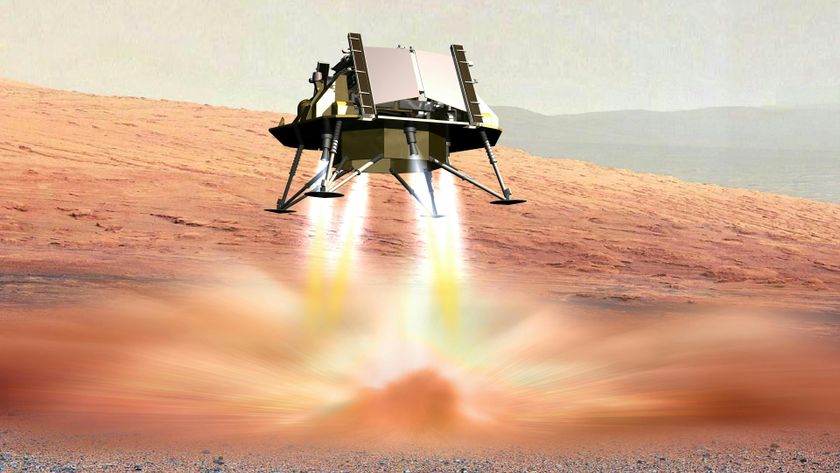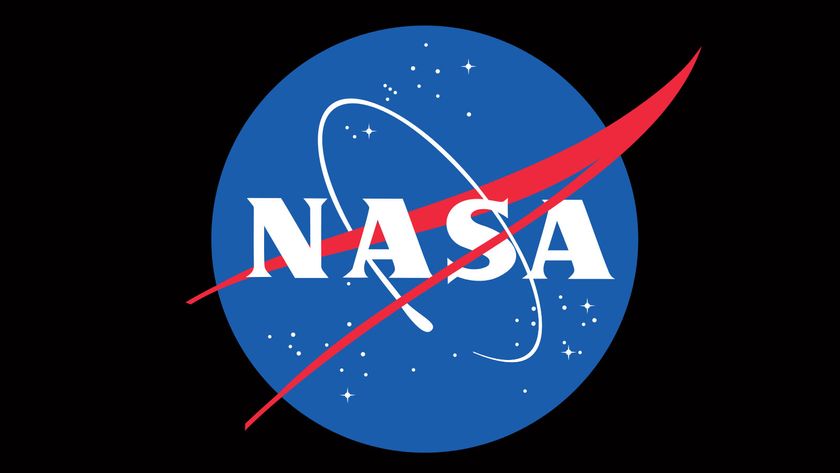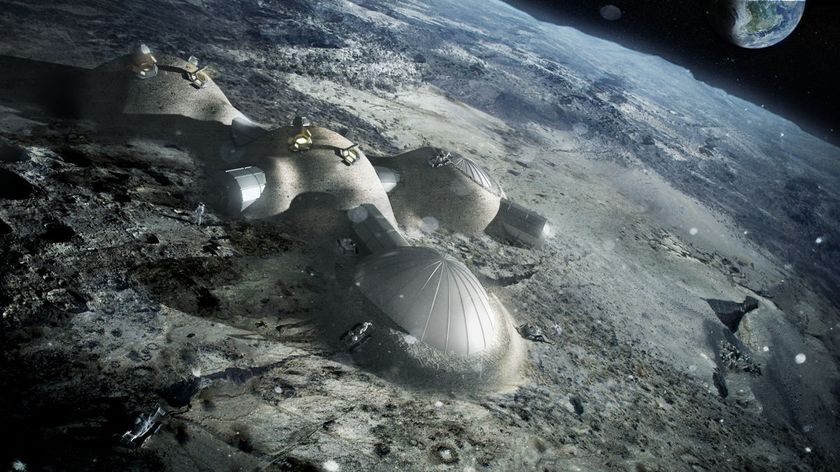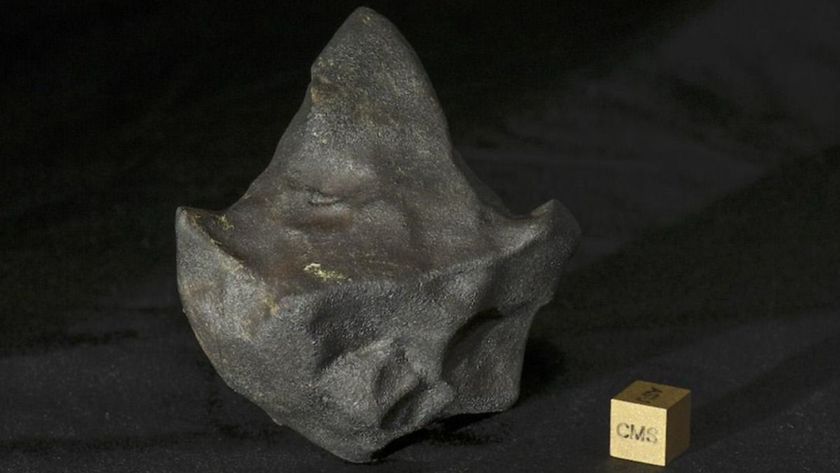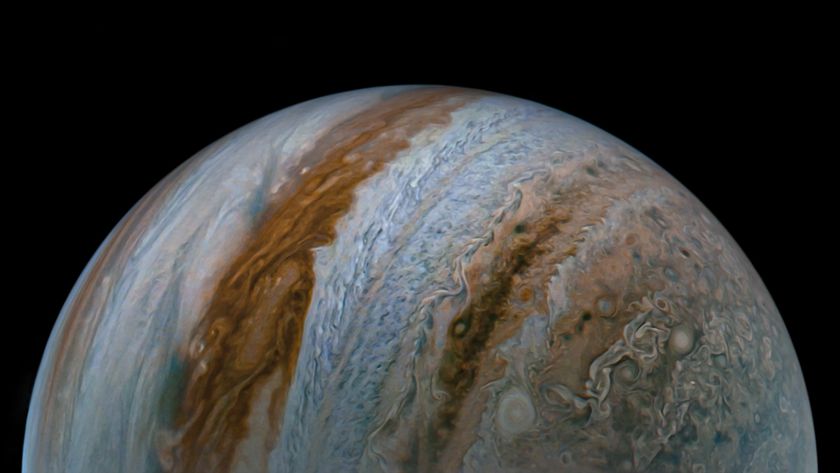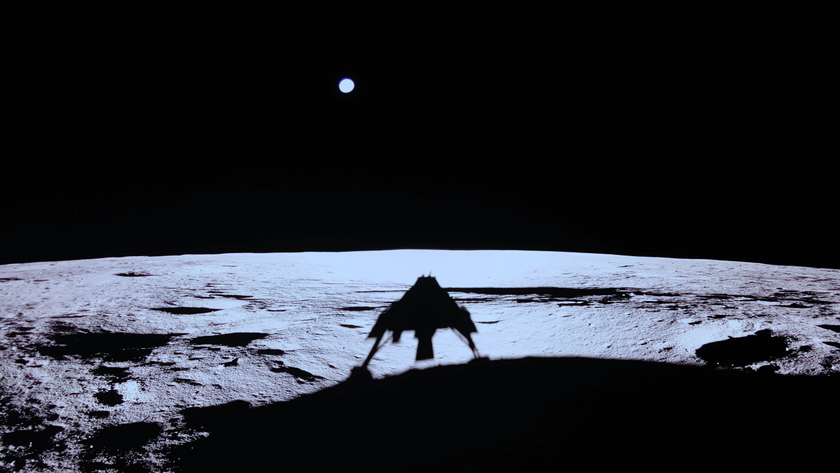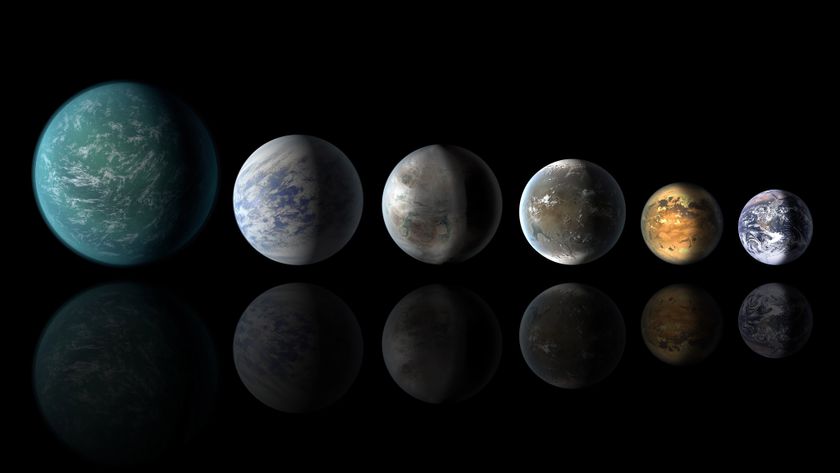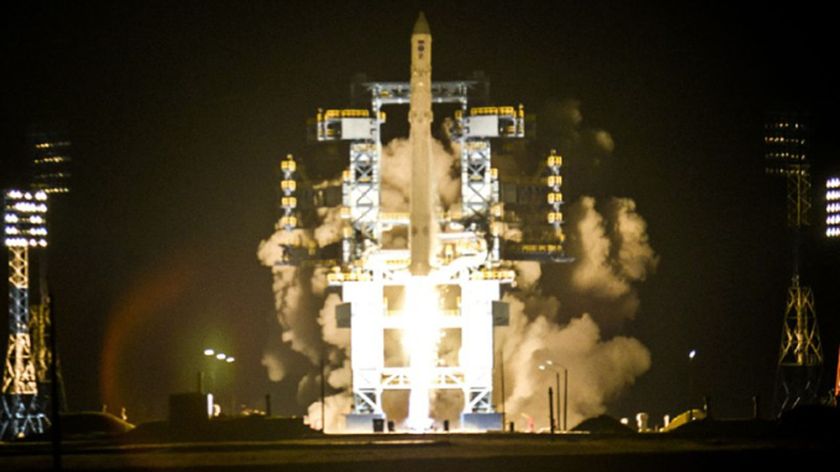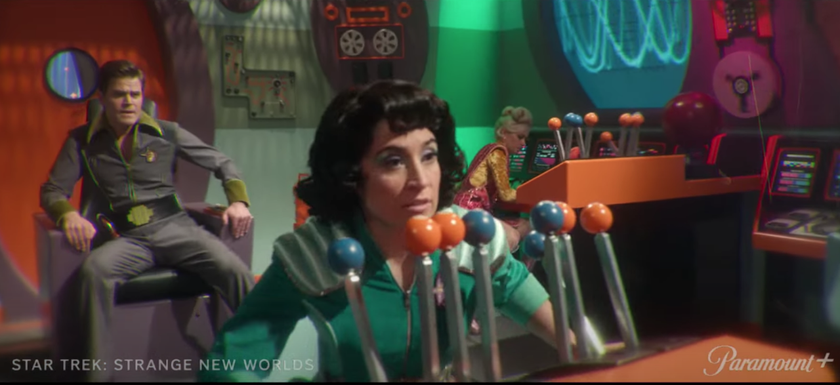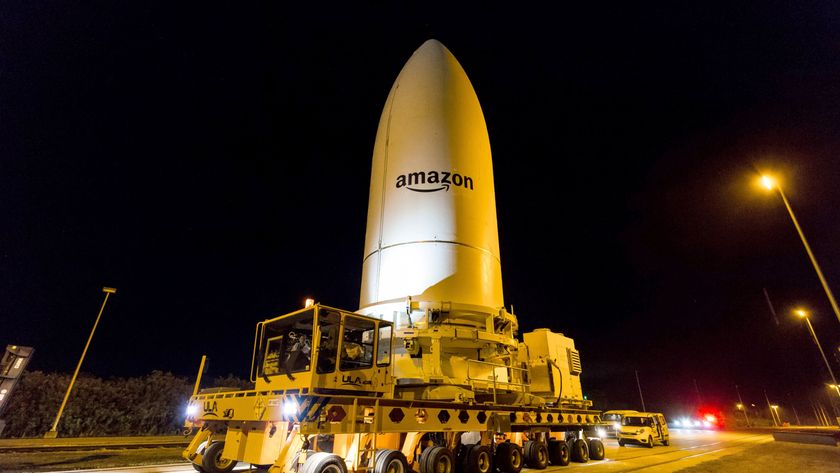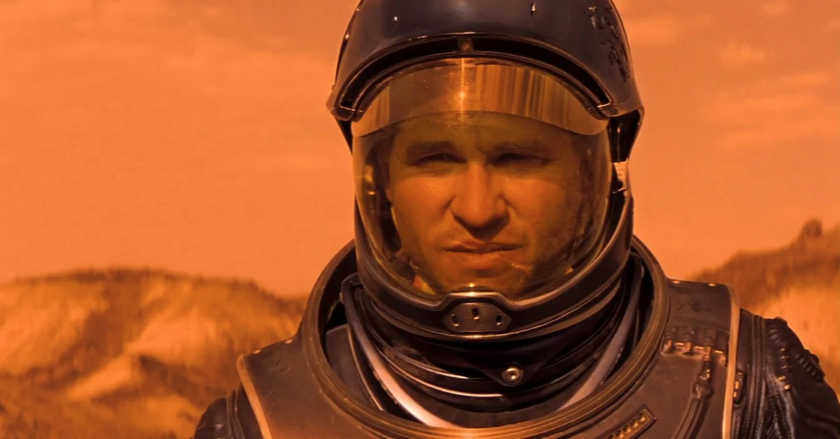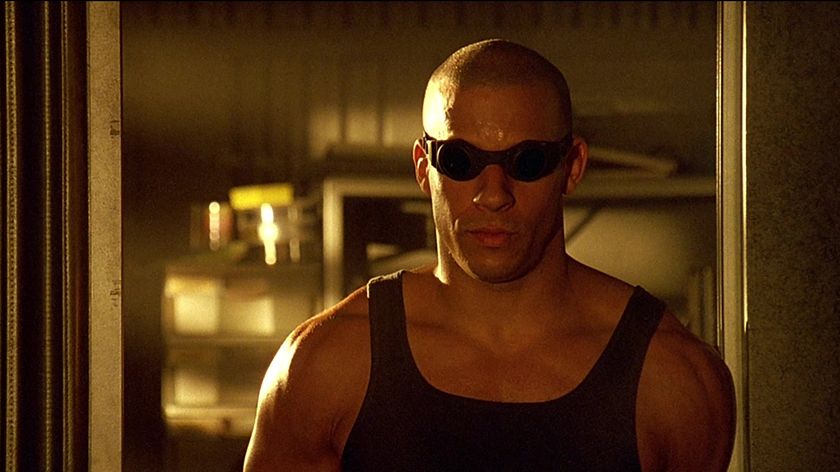Watch Europe dry up from space in a new satellite video
The images captured by Europe’s Sentinel 2 satellite reveal the progress of Europe's worst drought in 500 years.
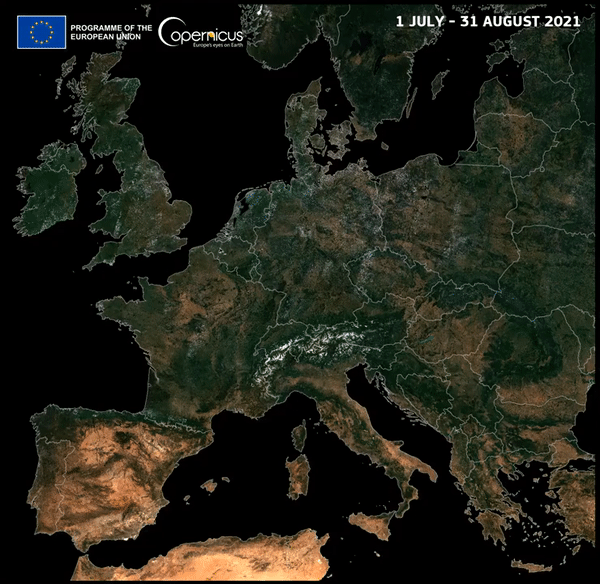
A sequence of images reveals how Europe dried up over July and August when complete lack of rain caused what has been described as the worst drought hitting the continent in 500 years.
A video tweeted by the European Union’s Copernicus Program, which operates the constellation of Earth-observing Sentinel satellites, shows how vast regions across Europe have turned from a verdant green to an arid brown between July 1 and Aug. 31.
"In 2022, #drought has affected the whole of Europe," Copernicus said in the tweet.
The images, taken by the Sentinel 2 satellite, reveal significant damage to vegetation in areas in the south and east of England, northern France, vast swaths of Germany, Poland and Eastern Europe.
Related: Satellite view reveals scope of apocalyptic flooding in Pakistan
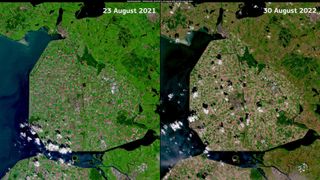
Alongside the stark satellite data, the Global Drought Observatory indicates that 47% of Europe was considered to be in warning conditions in August, meaning a lack of soil moisture and negative effects on vegetation.
The drought has been described as the worst to hit Europe in 500 years. Water levels in rivers including the Rhine, Danube and Po dropped so low as to close the waterways for traffic, while the exceptionally hot and dry weather has greatly increased the risk of forest fires.
Get the Space.com Newsletter
Breaking space news, the latest updates on rocket launches, skywatching events and more!
The European summer this year is thought to be the driest since a mega-drought that hit the continent in 1540.
Follow us on Twitter @Spacedotcom and on Facebook.
Join our Space Forums to keep talking space on the latest missions, night sky and more! And if you have a news tip, correction or comment, let us know at: community@space.com.

Andrew is a freelance space journalist with a focus on reporting on China's rapidly growing space sector. He began writing for Space.com in 2019 and writes for SpaceNews, IEEE Spectrum, National Geographic, Sky & Telescope, New Scientist and others. Andrew first caught the space bug when, as a youngster, he saw Voyager images of other worlds in our solar system for the first time. Away from space, Andrew enjoys trail running in the forests of Finland. You can follow him on Twitter @AJ_FI.
